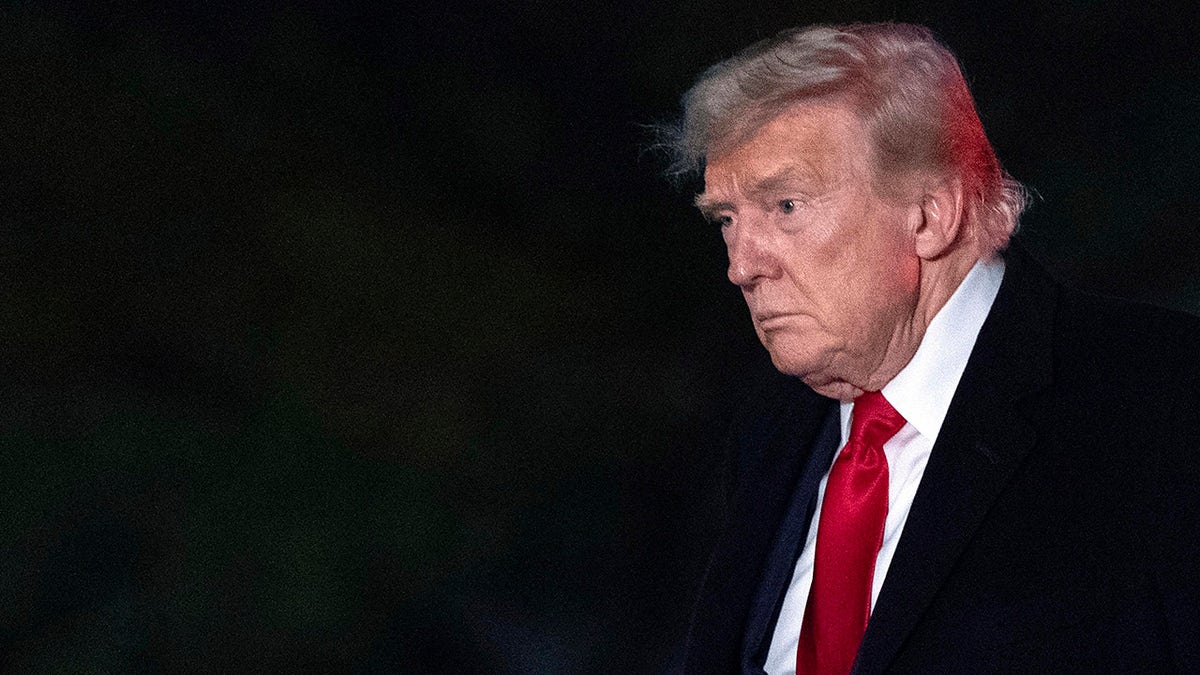The Trump administration is giving migrants as few as 12 hours to contest their deportation after being formally notified, according to an unsealed document released Thursday.
The filing came from a U.S. Immigration and Customs Enforcement (ICE) official. The document was revealed in Texas federal court in a pending challenge from lawyers representing detained migrants held in the state.
“Although there may be fact-specific exceptional cases, in a general case, after an alien is served with Form AEA 21-B, the alien is given a reasonable amount of time, and no less than 12 hours, including the ability to make a telephone call, to indicate or express an intent to file a habeas petition,” the document states.
“If the alien does not express any such intention, then ICE may proceed with the removal, though such removal may not actually occur for many more hours or days, giving the alien additional time to express an intent.”
ACLU APPEALS TO SUPREME COURT TO STOP VENEZUELAN DEPORTATIONS; BOASBERG HOLDS EMERGENCY HEARING FRIDAY NIGHT
Typically, those set to be deported would be allowed to file a habeas petition under the Alien Enemies Act of 1798 within a 24-hour time period, which the document also addresses.
“If the alien does express an intent to file a habeas petition, the alien is given a reasonable amount of time, and no less than 24 hours, to actually file that petition,” the unsealed document reads. “If the alien does not file such a petition within 24 hours, then ICE may proceed with the removal, though such removal may not actually occur for many more hours or days, giving the alien additional time to file the petition.”
DEMOCRAT SENATOR VAN HOLLEN MEETS, SHAKES HANDS WITH ABREGO GARCIA

The document’s unsealing came days after the Supreme Court moved to halt President Donald Trump‘s deportations of Venezuelan criminals under the Alien Enemies Act.
The decision, which was issued early Saturday morning, was contested by Justice Samuel Alito and Justice Clarence Thomas.
“I refused to join the Court’s order because we had no good reason to think that, under the circumstances, issuing an order at midnight was necessary or appropriate,” Alito wrote in his dissent.

“Both the Executive and the Judiciary have an obligation to follow the law. The Executive must proceed under the terms of our order in Trump v. J. G. G., 604 U. S. ___ (2025) (per curiam), and this Court should follow established procedures.”
Read the full article here







Leave a Reply